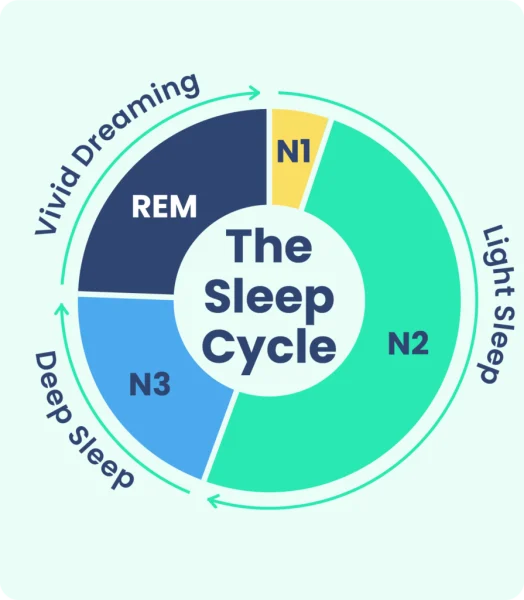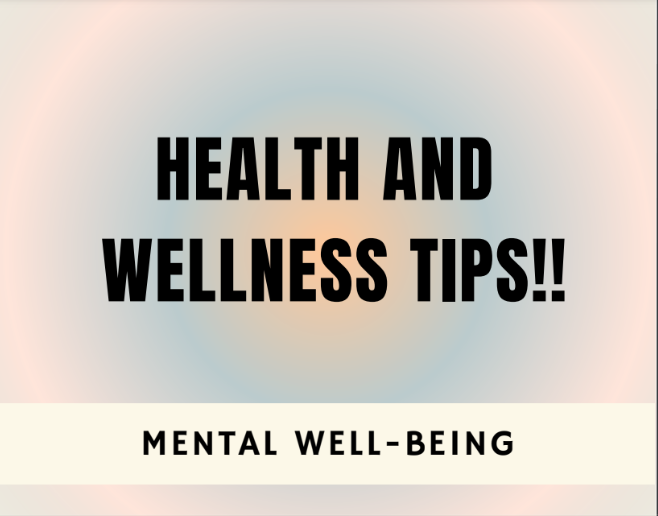The Importance of Sleep
Society views sleep as an opportunity for physical and mental relaxation at the end of the day. Though sleep is, undeniably, an important relief from the stressors of daily life, the full scope of its health benefits outweigh merely relieving physical exhaustion. From a mental and cognitive health perspective, regularly getting proper sleep is vital to strengthening long-term memory connection and enhancing overall focus and efficiency. Additionally, sleep is crucial for maintaining the health of one’s respiratory, circulatory, and immune system, as it reduces blood pressure, heart rate, and breathing. Subsequently, those who receive more sleep each night are less likely to contract chronic and life-threatening health issues, such as high blood pressure and obesity. Consistently sleeping for several hours each night is the defining distinction between a healthy lifestyle and a harmful lifestyle (National Heart, Lung, and Blood Institute).

The Science of Sleep
The act of sleeping is significantly more complex and intricate than we often perceive. Sleeping occurs in a series of elaborate cycles, composed of 4 distinct phases of differing durations and sleep depth. Frequently, these sleep stages are categorized as either NREM or REM; The first three phases of sleep compose deep NREM rest, while the final stage is solely REM. Immediately following falling asleep, one enters Stage 1, which features declining brain and body activity. This phase is often the shortest and, typically, is easy to awake from. Progression into Stage 2 sleep further subdues and relaxes the mind and body, as eye movement completely ceases and bodily temperature decreases. Stage 3 is the most crucial phase of the sleeping cycle and, naturally, features the longest and deepest sleep. One’s body reaches peak relaxation and immobility while the brain utilizes reduced activity to promote valuable restoration. Stage 4, or REM sleep, provides a stark contrast to Stage 3 as one experiences the lightest, most active sleep at this time. Rapid eye movement occurs and the brain is stimulated to produce vivid dreams during this extensive phase. REM concludes the sleep cycle, which repeats several times before one awakes (Sleep Foundation).

How to Achieve Better Sleep
Sleep, though a seemingly simple concept to properly practice, is frequently a major challenge for the general American public. The chaos of modern day and the overwhelming, early-morning work and school schedules that plague the typical American citizen often leaves individuals struggling to find adequate time to sleep. Generally, it is believed that adults and teenagers should receive a minimum of 8 hours of sleep every night for optimal body and mind performance during the day: a rare occurrence. However, there are several measures one can take to adopt a more beneficial sleep schedule despite the hectic nature of modern life. Rather than procrastinating on work until unholy hours or occupying the evening with mindless activity, one can establish a habit of going to sleep at an earlier time and completing daily tasks beforehand. Drinking calming beverages, such as decaffeinated teas, near bedtime allows an easier progression into the sleep cycle. A calm mind is vital to achieving the relaxation necessary for sleep, so playing white noise in the background further improves the quality of one’s sleep. Sleep is integral to the health of an individual, and we, as a society, must prioritize proper bedtime routines to put an end to the epidemic of sleep deprivation.








